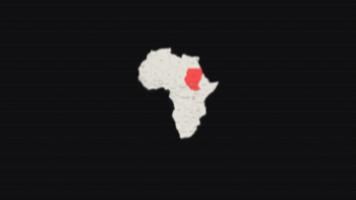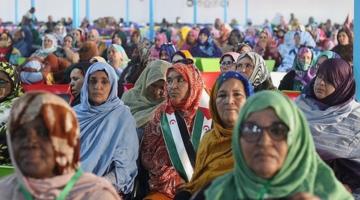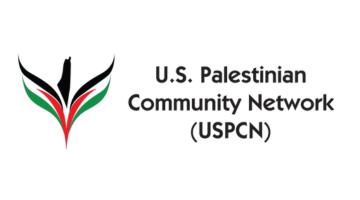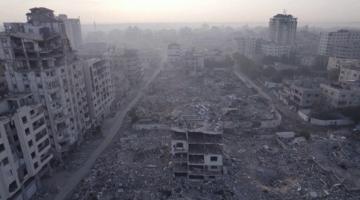Related Stories
Editors, The Black Agenda Review
“Thus it can be said that British colonialism is mainly responsible for the Southern Sudan problem…”
Raïs Neza Boneza
In 2025, Françafrique didn’t die — it just booked a seat on a French military plane.
Tunde Osazua
The threat of U.S. military action in Nigeria has little to do with protecting Christians and everything to do with domestic U.S.
Ajamu Baraka, BAR editor and columnist
Poverty is an artificial creation.
Editors, The Black Agenda Review
“This violence of the colonial regime…irreparably provokes the birth of an internal violence in the col
Ann Garrison, BAR Contributing Editor
Despite shared language, culture, and religion, Somalis still struggle to become a cohesive
Editors, The Black Agenda Review
“It is a lie that slavery has been abolished.
Jon Jeter
The Trump administration’s decision to fast-track asylum for white South Africans—claiming "persecution"—is a political stunt, ignoring that th
Moussa Ibrahim
The future of the Christian church on the continent depends on the ability to develop an authentic Af
Black Alliance for Peace US Out of Africa Network
For nearly 50 years, the Sahrawi people have waged Africa’s longest anti-colonial struggle against the Moroccan occupation, which is backed by
More Stories
- Black Agenda Radio with Margaret KimberleyDonald Trump traveled to Sharm al-Sheikh, Egypt to sign what is being called a peace agreement between Israel and the Palestinian resistance that he takes credit for brokering. But what are the…
- Margaret Kimberley, BAR Executive Editor and Senior ColumnistThe Nobel Peace Prize is an anachronism and a compromised “honor” as the struggle against the U.S. and its collective west allies intensifies. The peoples of the world know who is fighting for peace…
- Editors, The Black Agenda Review“Israel has played a relatively invisible but strategically important role in Africa as a servant of the United States…”
- Ann Garrison, BAR Contributing EditorAwarding the Nobel Peace Prize to “the man who heals women” made Euro-Americans feel good without interrupting their catastrophic proxy war for Congo’s resources.
- Anthony Karefa Rogers-WrightEnvironmental destruction in Gaza is a calculated military strategy. By poisoning the land and water, Israel is ensuring a permanent and toxic genocide.



















